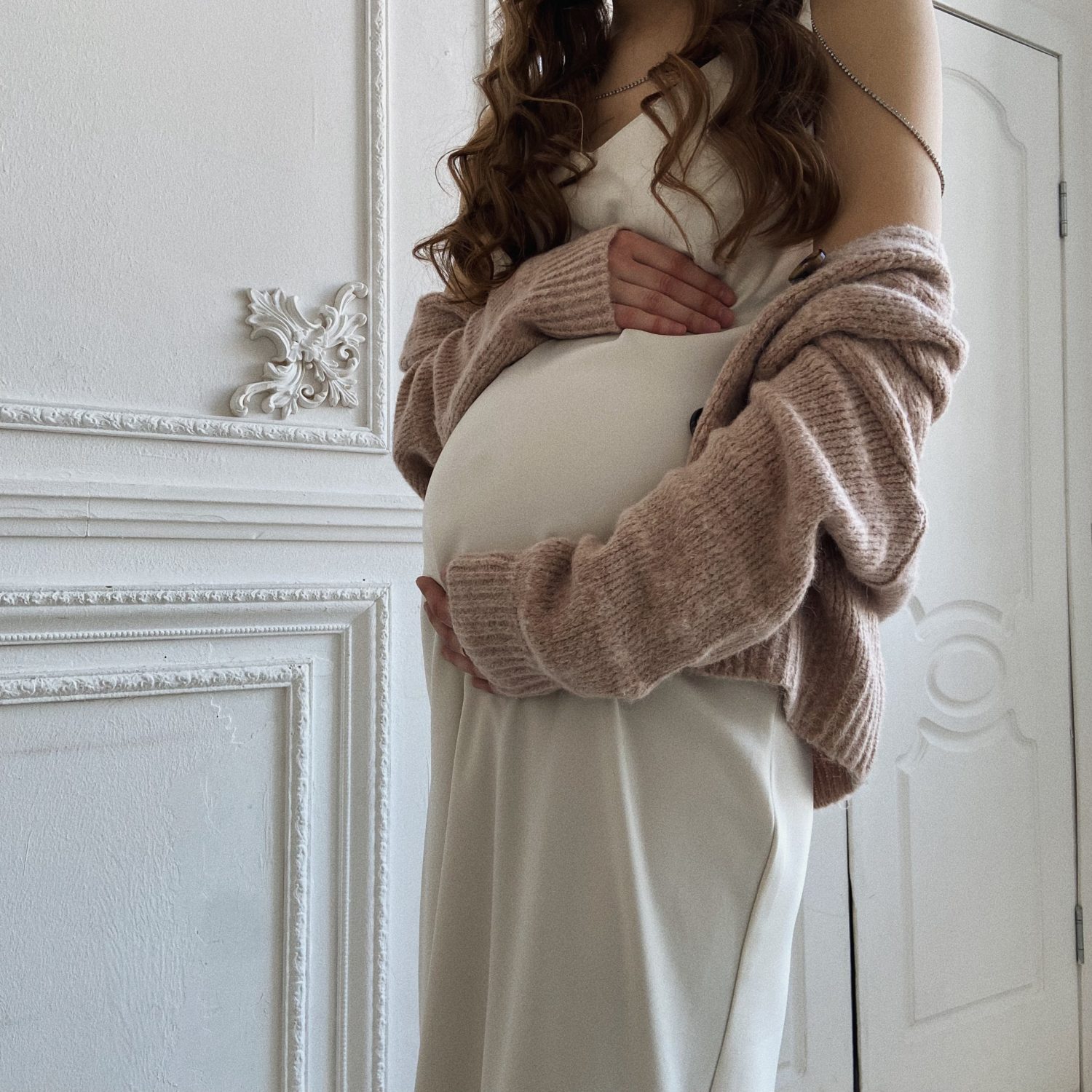
Becoming a parent is one of the most rewarding and challenging experiences in life. There is so much to learn, both about taking care of a child and about parenting in general. But where do you start? What kind of practical knowledge do expectant parents need? We’ll discuss how to prepare for labor and delivery, what to pack in your hospital bag, and how to take care of your newborn baby. So whether you’re just starting out on this journey or are already well into it, read on for essential tips and advice from experienced parents!
Pediatric Advanced Life Support (PALS) Skills You Should Know
Every parent wants to be prepared to handle any situation that might come up with their child. But when it comes to medical emergencies, it can be difficult to know what to do. That’s why every parent should familiarize themselves with the basics of Pediatric Advanced Life Support (PALS). PALS is a set of guidelines and protocols for managing cardiovascular and respiratory emergencies in children about which you can look at this checklist to discover more. While it is mostly geared towards medical professionals, anyone can learn the basics of PALS. And knowing these skills could one day mean the difference between life and death for your child.
What Babies Need to Eat (and When)
If you’re like most parents, you want to make sure your baby is getting the nutrition they need. But with all of the conflicting information out there, it can be hard to know what to feed them and when. Here are some general guidelines to help you get started:
- Babies should be breastfed or given formula for the first 6 months of life.
- From 6-12 months, babies can start to eat solid foods in addition to breast milk or formula.
- Around 1 year old, babies can start drinking whole milk.
- Babies under 2 years old should not have any cow’s milk products that are low-fat or non-fat.
- Babies should not have any honey until they are at least 1 year old.
- Babies should not have any food or drinks that contain artificial sweeteners.
What to Pack in Your Hospital Bag
If you’re like most parents, you’re probably wondering what you should pack in your hospital bag. The essential items you should pack include insurance information. photo ID, a birth plan (if you have one), a going-home outfit for the baby, a camera, chargers for your phone and camera, snacks and drinks for labor (if you want them), lip balm (labor can be drying!), and toiletries (toothbrush, etc.). For example, many new moms pack a going-home outfit for themselves that is both comfortable and flattering, as well as a few extra pairs of nipples for breastfeeding. You might also want to pack a few things to help you relax during labor, such as a pillow, music, and a massage ball. And don’t forget your partner! They will need their own set of items, including a change of clothes, toiletries, snacks, and drinks.
Relaxing The Baby After Birth
After all of the excitement of labor and delivery, you and your baby will probably be ready to relax. But how do you go about doing that? Here are a few tips:
- Bath your baby. This can be a great way to bond with your new bundle of joy and help them to relax. Plus, it’s good for their skin!
- Swaddle your baby. Swaddling can help your baby feel safe and secure, and it can also help them to sleep better.
- Rock your baby. rhythmic movements, such as rocking or swaying, can be very calming for babies.
- Feed your baby. Breastfeeding or bottle-feeding can be both nutritious and relaxing for babies.
- Play soft music. Soothing music can help to calm both you and your baby.
How Your Baby Will Grow and Change in the First Year
During the first year of life, your baby will go through some amazing changes. Here are some things you can expect:
- At birth, your baby will weigh about 7-8 pounds and be 19-21 inches long.
- By 1 month old, your baby will likely weigh 9-10 pounds and be 21-24 inches long.
- By 6 months old, your baby will probably weigh 16-17 pounds and be 26-28 inches long.
- At 1 year old, your baby will likely weigh 22-23 pounds and be 30-32 inches long.
- During the first year, your baby’s brain will triple in size!
- Your baby’s bones will also get stronger during the first year.
As you can see, there are a variety of things you can do to relax your baby after birth. But ultimately, the best way to relax your baby is to simply spend time with them and get to know them. There is no one-size-fits-all solution, so just do what feels right for you and your family!







